The “normalization” agreements signed between Israel, the United Arab Emirates (UAE) and Bahrain at an official ceremony hosted by US President Donald Trump at the White House continue to be discussed.
While the normalization agreements were signed, the 3 countries also jointly signed the text called “Abraham Accords”.
Reactions from the countries of the region, especially from the Palestinian administration, are rising against the “normalization” process with Israel.
We discussed the impact of the agreements “to normalize relations” signed at the White House on the region and Turkey with Dr. Bora Bayraktar, journalist and faculty member of Istanbul Kültür University.
Saying that the agreements with Israel reveal the weakest moment of the Gulf countries, Bora Bayraktar said, “Gulf regimes lack popular will, are unsuccessful and are open to being manipulated by the USA-Israel”. Bayraktar emphasized the Ankara-Tehran cooperation against these regimes:
‘THE TERM OF NORMALIZATION IS NOT CORRECT’
Agreements on a “normalization of relations” among Israel, the United Arab Emirates and Bahrain were signed at the White House in the presence of US President Trump. What do these agreements mean? How do you interpret the “normalization” process?
“First of all, I don’t think ‘normalization’ is the correct expression. This is not the norm of the region. After 1967, Israel occupied and annexed the lands of Palestine. It occupied and annexed the West Bank, Jerusalem. Today, Israel’s borders are not even clear, there are problems with the recognition of its borders. International law and the will of the countries in the region reject this situation imposed by Israel. Certain countries have now recognized Israel with this agreement, but it is not correct to call it “normalization”.
Gulf countries face bankruptcy: pending chaos in the Middle East
US President Trump laid the foundations for this development during his Middle East tour in 2017. Israel and Saudi Arabia lie at the heart of the Middle East policy of the Trump era. Saudi Arabia was also used in the US’ policies towards Middle East countries. The current position is entirely the imposition of US-Israel policy on the region. In other words, there is a one-sided imposition rather than a relationship of mutual interest.
This is the weakest moment of Arab and Gulf regimes. The agreement indicates this. We can add Egypt to this. In these countries, there is a structure where the public’s will is ignored, regime security comes to the fore and regime security is provided by the US-Israel. Hence, they are unsuccessful and manipulative administrations. There is no popular will involved. This is a difficult situation to maintain. If there is a real “normalization” in the future, if the public’s will is reflected in the regime, the situation can be reassessed.
‘Crown Prince Salman will be overthrown if Saudi Arabia signs the agreement.’
The US President said that Saudi Arabia could be the next country in the “normalization” rush. However, the Saudi administration is keeping its silence for now. Will Saudi Arabia sign a normalization agreement with Israel?
In Saudi Arabia, perhaps, Mohammed bin Salman wants to join this rush, but Saudi Arabia is not a small country like Bahrain and the UAE. They have different dynamics, there is a Shi’ite population of up to 20%. It does not have a structure that can be manipulated so easily. There has always been anti-US-Israeli opposition in the country in the past, bin Laden for instance. Of course, there are different elements from the context of terrorism. Saudi Arabia’s making such a decision may trigger different dynamics, therefore, they will be more deliberate. If he does this, Mohammed bin Salman may come to an end, in other words, this is a very critical step.
STATEMENTS WITH REGARD TO THE ELECTION
In his speech after the agreements, Netanyahu thanked the leaders for putting pressure on Iran and giving unconditional support to Israel. Trump, on the other hand, emphasized that “we will deal with Iran after the election”. What do emphases on Iran mean?
“Iran was used by America-Israel as an element of oppression and fear against these countries. But it is not that easy to fight or make peace with Iran. Trump’s attitude that gives Israel whatever it wants is sort of an investment for the election. He keeps the Jewish lobby completely on his side. That is why we should wait for the post-elections in Iran. There have been severe incidents in the recent past, such as the murder of Qasem Soleimani. How it can be reversed is not obvious, maybe this is just his statement.”
‘TURKEY’S POLICIES WILL RECEIVE THE FRUITS OF ITS LABOR’
What kind of results do these agreements will cause in the region, particularly in Turkey?
“Cooperation among Israel, Bahrain and the UAE was already ongoing, the current situation only named it. I think this is good for Turkey. It is important for the public to see these nations’ real faces. It is very difficult for Turkey to engage in a dialogue with these regimes for now. But the discourse of Turkey is appropriate for the Arab streets. While the steps taken by Turkey on matters such as refugees, Egypt and Libya, drive a wedge between the regimes and Turkey, they enable Turkey to develop warm relations with the people. If democratic administrations, which are supported by the public and are elected by the public’s will, come into power in the future, these policies will have a greater effect.
On the other hand, there was a statement by Saeb Erekat, Secretary General of the Palestine Liberation Organization (PLO), Erekat, who said that this agreement would mean the recognition of Israeli sovereignty in the area of Al-Aqsa Mosque. Recognition of Israeli sovereignty in the area of Al-Aqsa Mosque will have serious consequences on the Arab streets. Turkey’s policies will also receive the fruits of its labor in this context, and this situation will disturb and jeopardize the regimes in the Gulf countries. Turkey can play the Iran card at this point.
‘TURKEY CAN RELIEVE IRAN’
Could you explain what you mean by ‘the Iran card’?
Turkey maintains a balanced relationship with Iran, engaged in both competition and cooperation. There is competition in regard to Syria, for instance. However, there is cooperation against the American presence in the region and in the fight against terrorism. Turkey works with Iran, Turkey could make a breach in the front on the opposite side by supporting Iran against Gulf countries, and this would help relieve Iran. Additionally, this would also disturb countries such as Saudi Arabia, Israel, and the UAE.







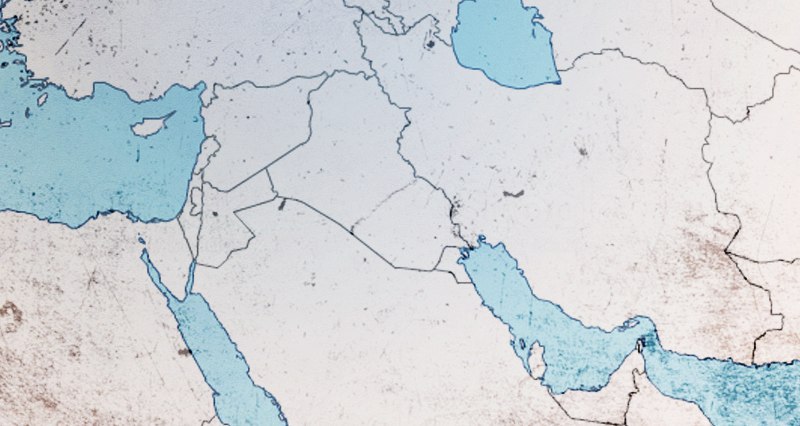

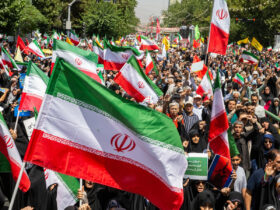
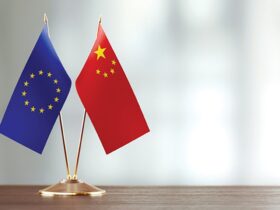
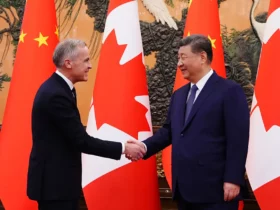

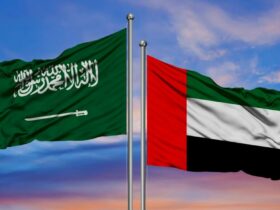
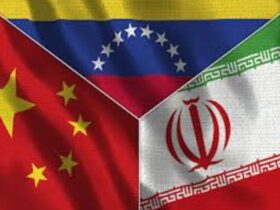
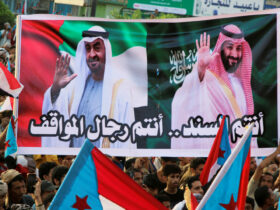

Leave a Reply